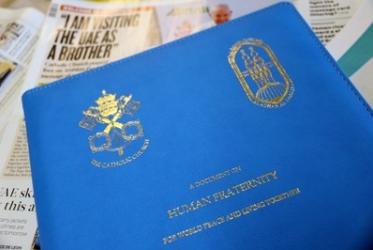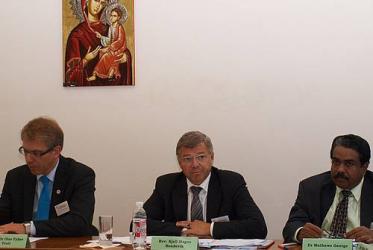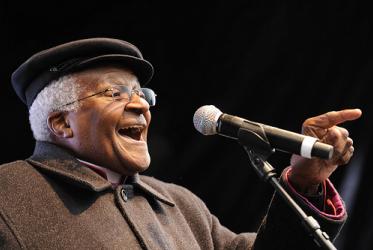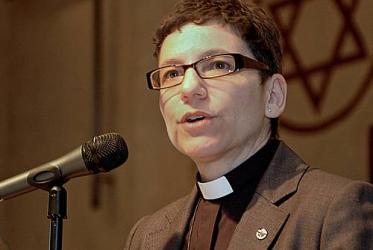Displaying 101 - 120 of 127
28 November 2011
Before Durban climate talks, Brazilian ecumenists think about Rio+20
23 November 2011
WCC general secretary: Peace and justice gain momentum
14 September 2011
Building peace in solidarity with the poor
12 September 2011
Challenge injustice and violence to find unity
07 June 2011
Human trafficking: violence against humanity
22 May 2011
An environmental agenda for the churches
21 May 2011
Towards an eco-theology
30 March 2011
Photo petition gives a face to call for climate justice
17 November 2010
Work on fair, ambitious climate deal is not done yet, says WCC
19 December 2009
Negotiators at sputtering climate talks must "act now"
16 December 2009
Climate change requires drastically ambitious deal, says Kobia
15 December 2009
Bells ring a wake-up call for climate justice
14 December 2009
Good news and bad news on climate change
18 November 2009
















